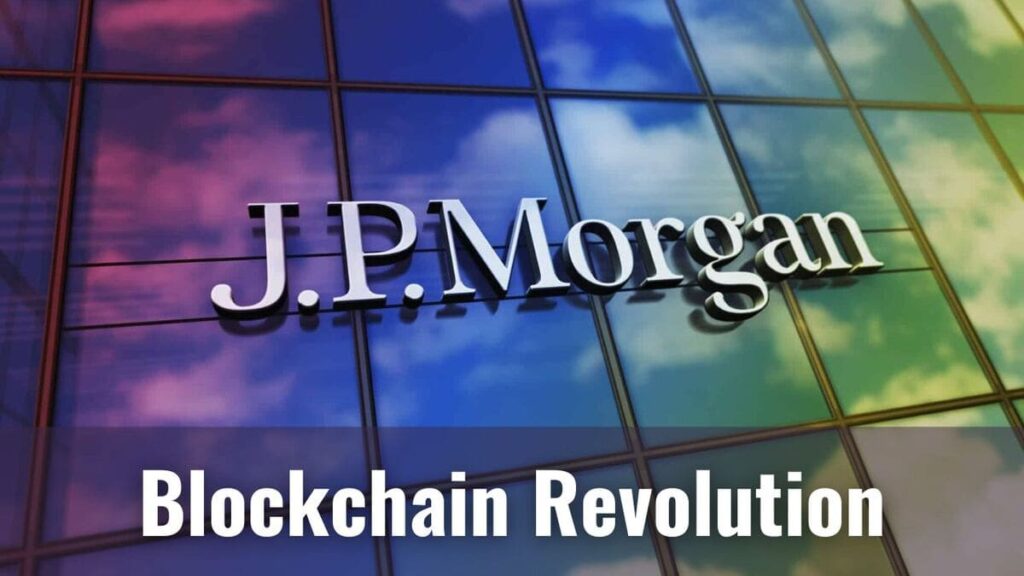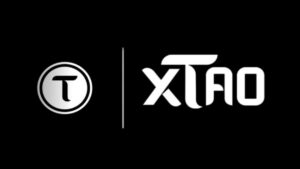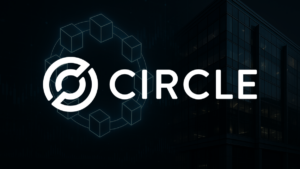TL;DR
- JP Morgan leads the adoption of blockchain technology among major banks, followed by Bank Of America and Mitsubishi UFJ Financial Group (MUFG).
- Blockchain improves security and transparency in financial transactions, reducing the risk of fraud and errors, and increasing trust among involved parties.
- Tokenization and decentralized finance (DeFi) are revolutionizing asset management and financial transactions, making the market more inclusive and accessible.
JP Morgan has established itself as the undisputed leader in the adoption of blockchain technology among the world’s leading banking institutions. A recent report published by Riva Markets places the firm at the top of a list of 30 banks, highlighting its commitment to blockchain technology, followed closely by Bank Of America and Mitsubishi UFJ Financial Group (MUFG).
The report highlights encouraging findings, as they demonstrate the tangible commitment of these major banks, which together represent a value of more than 43 trillion dollars, to blockchain technology, tokenization, and the future of digital assets. The transition to new technologies continues day by day and has enormous potential to transform the financial industry.
The adoption of blockchain technology is having a profound impact on the financial industry. It has proven to be a powerful solution for improving security and transparency in financial transactions. The immutable and verifiable record of all transactions has contributed to reducing the risk of fraud and errors, increasing trust among the involved parties. In a sector where trust is crucial for the efficient functioning of the market, transparency is invaluable.
JP Morgan Leads the Blockchain Technology Banner
Additionally, tokenization is gaining popularity, changing the way assets are managed and transferred. Tokenization facilitates the trading and transfer of assets, eliminating many traditional barriers in the financial market. It helps increase the liquidity of assets and also opens new investment opportunities to a broader base of investors with much smaller capital, making the market more inclusive and accessible.
Another key point in the report is the emergence of decentralized finance (DeFi), representing a paradigm shift in the traditional financial structure. Unlike centralized finance, where financial institutions act as intermediaries, DeFi allows individuals to transact directly with each other through self-executing smart contracts on the blockchain. This model not only reduces transaction costs but also speeds up the process and decreases dependence on traditional intermediaries.
Finally, digital investment products, such as cryptocurrencies and security tokens, are redefining the investment options available in the market. Digital investments offer new forms of portfolio diversification and growth opportunities, attracting both institutional and retail investors. The global and accessible nature of these products facilitates participation in financial markets worldwide, democratizing access to investment opportunities.











